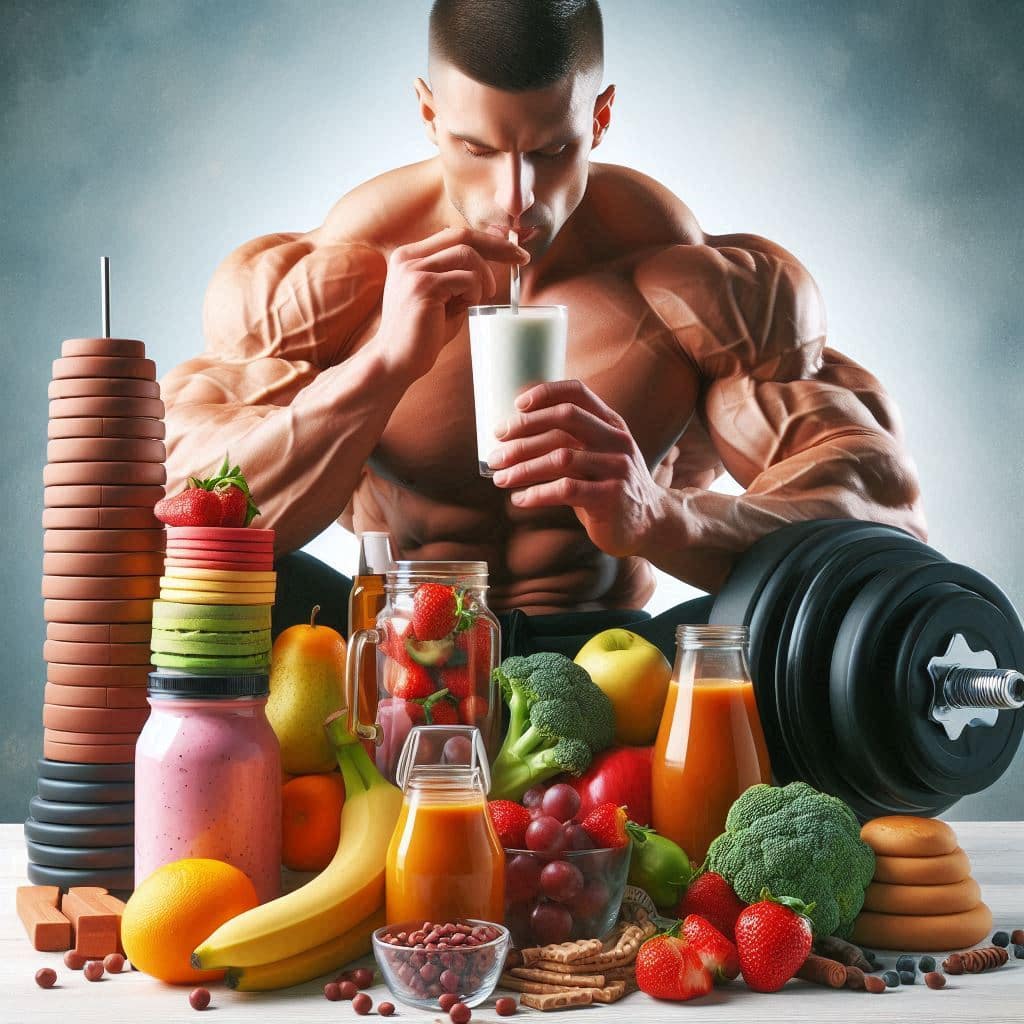In the world of fitness and nutrition, high-protein diets have consistently emerged as a powerful approach for weight loss and muscle building. Whether you’re looking to shed excess pounds or enhance your strength, adopting a high-protein diet can provide a structured and effective solution. In this article, we’ll delve into the science, benefits, potential challenges, and practical tips of high-protein diets for weight loss.
What Are High-Protein Diets?
A high-protein diet emphasizes the consumption of protein-rich foods while maintaining moderate levels of fats and carbohydrates. Proteins play a crucial role in the body, aiding in cell repair, hormone production, and building muscle tissues. By increasing your protein intake, you can support weight loss while preserving or even building lean muscle mass.
How High-Protein Diets Aid Weight Loss
- Enhanced Satiety
Protein is known for its ability to keep you feeling full for longer periods. High-protein meals slow down digestion and reduce hunger hormones like ghrelin, helping you curb cravings and avoid overeating. - Increased Thermogenesis
Protein has a high thermic effect of food (TEF), meaning your body burns more calories digesting and metabolizing protein compared to fats or carbohydrates. This metabolic boost can aid in creating a calorie deficit, which is essential for weight loss. - Preservation of Lean Muscle Mass
During weight loss, the goal is to lose fat while maintaining muscle mass. A high-protein diet ensures your body gets the building blocks it needs to sustain muscle tissue, especially when paired with resistance training. - Reduced Fat Storage
By promoting a steady energy supply and stabilizing blood sugar levels, high-protein diets can limit fat storage and help your body utilize stored fat as an energy source.
Best Sources of Protein for Weight Loss
Incorporating a variety of protein sources into your diet ensures you receive a complete range of amino acids and other essential nutrients. Here are some excellent options:
- Lean Meats: Chicken breast, turkey, and lean cuts of beef.
- Fish and Seafood: Salmon, tuna, cod, and shrimp.
- Eggs: A versatile and nutrient-dense source of protein.
- Dairy Products: Greek yogurt, cottage cheese, and low-fat milk.
- Plant-Based Options: Lentils, chickpeas, tofu, tempeh, and edamame.
- Nuts and Seeds: Almonds, chia seeds, and pumpkin seeds (in moderation).
A Sample High-Protein Meal Plan
Breakfast:
- Scrambled eggs with spinach and a side of smoked salmon.
- A cup of black coffee or green tea.
Lunch:
- Grilled chicken salad with mixed greens, avocado, and a light vinaigrette dressing.
Snack:
- A handful of almonds or a protein smoothie made with Greek yogurt and fresh berries.
Dinner:
- Baked salmon with quinoa and steamed broccoli.
Dessert (optional):
- Cottage cheese with a sprinkle of cinnamon or a spoonful of almond butter.
Challenges of High-Protein Diets
- Risk of Nutrient Deficiencies
Focusing heavily on protein might lead to a lack of other essential nutrients, such as fiber, if you’re not incorporating vegetables and whole grains into your meals. - Kidney Concerns
High-protein diets were once thought to strain the kidneys, but for healthy individuals, this is typically not a concern. However, individuals with pre-existing kidney issues should consult a healthcare professional before making dietary changes. - Cost
Quality protein sources, such as lean meats and seafood, can be more expensive than carbohydrate-rich foods. Meal planning and budgeting can help mitigate this challenge.
Tips for Success on a High-Protein Diet
- Plan Ahead
Meal prepping ensures you always have high-protein options readily available, reducing the temptation to reach for unhealthy snacks. - Balance Your Plate
While protein is the star, don’t neglect healthy fats and fiber-rich carbohydrates for a well-rounded diet. - Stay Hydrated
High-protein diets can increase water needs, so ensure you’re drinking plenty of fluids throughout the day. - Incorporate Variety
Mixing plant-based and animal-based proteins ensures you benefit from a diverse nutrient profile. - Pair with Exercise
To maximize muscle retention and fat loss, combine a high-protein diet with strength training or other forms of regular exercise.
The Science Behind It
Numerous studies support the effectiveness of high-protein diets for weight loss and strength building. A 2015 study published in the American Journal of Clinical Nutrition found that individuals consuming a high-protein diet experienced greater fat loss and muscle retention compared to those on standard protein diets. Additionally, protein’s role in boosting metabolism and reducing appetite has been well-documented.
Final Thoughts
High-protein diets offer a sustainable and scientifically-backed approach to weight loss, particularly when paired with an active lifestyle. By focusing on nutrient-rich, high-protein foods and maintaining a balanced intake of other macronutrients, you can achieve your weight loss goals while building strength and enhancing overall health.
If you’re considering a high-protein diet, remember to listen to your body, monitor your progress, and consult a healthcare provider or registered dietitian for personalized advice.
